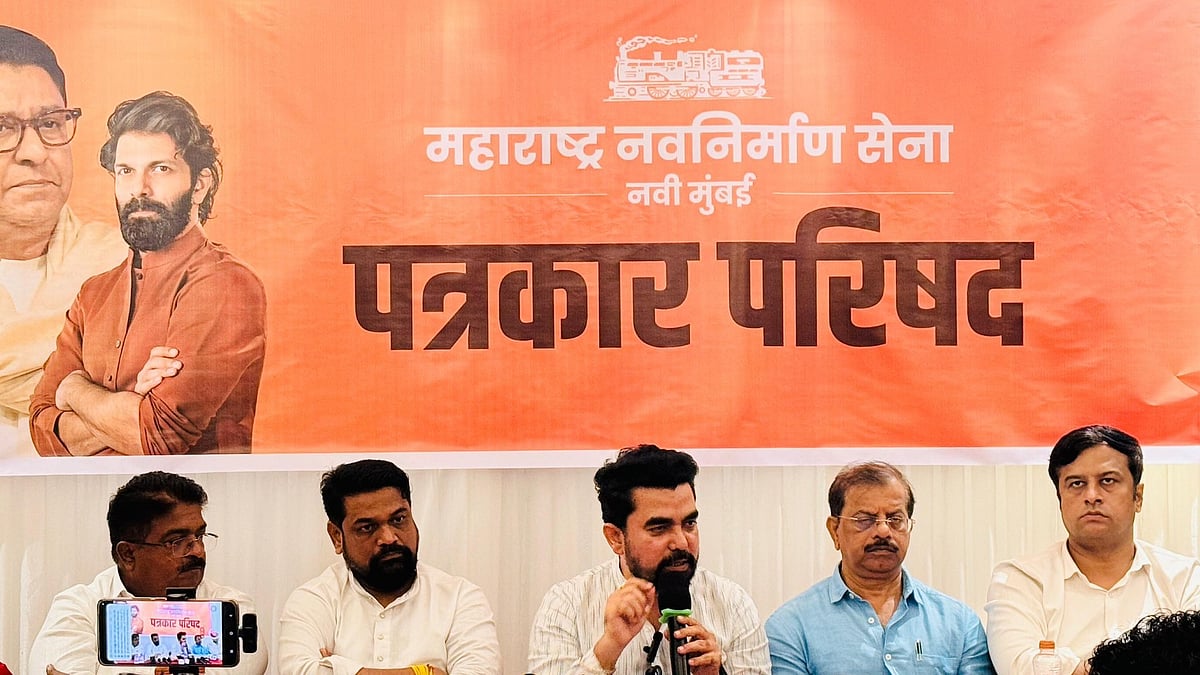The government has largely depended on two strategies to help the economy recover quickly. One of them has been the Reserve Bank of India’s (RBI’s) monetary policy. The RBI has said clearly that it will keep rates low and the stance accommodative for as long as necessary. The government’s second pillar has been to get enterprises, especially small and medium enterprises, to borrow more, by announcing credit guarantee schemes.
But what do the bankers think about the economic recovery? Do they see a quick rebound? Or do they see more non-performing assets on the horizon? Do they expect small and medium enterprises (SMEs) to do well because of these steps?
RBI, SBI reports
Some of the answers can be gleaned from some recent reports – the RBI’s July 2021 Financial Stability Report, as well as a report by the State Bank of India’s research arm. They actually contain a number of insights and interesting observations.
Overall, the financial stability report tries to strike an optimistic tone. It expects bad loans – or non-performing assets (NPAs) – to go up but not as much as it had earlier feared. Banks are also better positioned today, because most of them have shored up their capital.
But lenders who were surveyed while preparing the report were uniformly gloomy. Most believe that the scars of Covid will remain in the medium to long term. They think that jobs, incomes and productivity will probably decline. The majority believe that wages may remain stagnant or even decline for several years. And most of them agree that the economic recovery will be K-shaped – or different parts of the economy will grow very differently, increasing inequality in the country.
That seems to be coming true even if one looks at the current trends. The financial stability report points out that the big listed, non-financial, private sector companies have been reducing debt. An analysis of 1,360 listed private non-financial companies showed that they had reduced their debt in the second half of the last FY. Compared to the pre-pandemic times, these companies were holding on to more cash – and were going slow on capital expenditure.
Within this overall list, an analysis of 794 companies for which more details were available showed that they were retaining earnings, increasing their reserves and using internal funds, rather than taking loans.
While big borrowers had become more cautious and were depending less on bank credit, smaller and medium sized borrowers still needed credit. SMEs took bank loans – helped by the ELCG scheme of the government. But they were not doing particularly well. Stress in the SME portfolios of banks had increased and despite the RBI introducing three schemes to restructure temporarily impaired loans, the stress in the sector remained high.
In the case of retail or individual borrowers – that is you and me – the scenario remained dismal as well. Defaults were rising while the inclination to obtain new loans was pretty low.
A report by the research arm of India’s largest bank, the State Bank of India, pretty much endorses the same points.
What do all these mean for the economy? Some conclusions that can be derived are as follows. One, there is little appetite for taking loans, at least among the bigger players. The SMEs have been taking loans but the distress in this group of firms remains high.
Retail borrowers are also taking fewer loans if possible, but household debt is increasing anyway and savings are coming down. This is not a great thing for a consumption-led economy like ours.
The four things that typically drive economic growth are government expenditure, private consumption, exports and private sector capital investment. The latter was sluggish even before the pandemic struck and the government’s hopes of kickstarting it have obviously not helped. One can argue of course, that without the RBI’s accommodative stance and the government’s schemes, the distress in the SME and the overall corporate sector would be even higher. That is valid logic, but while that stops the economy from shrinking, it cannot does not lead to a quick rebound in economic growth.
Exports have been going up in the last few months, but these alone cannot drive economic growth. As far as government expenditure is concerned, there are limits to what more it can spend, given its fiscal condition.
So far, the government has done little to put more money in hands of consumers. Perhaps the thinking was that helping the corporate sector would help in improving employment, incomes and therefore private consumption as well. But that does not seem to be happening. The higher profitability of the top companies has not led to higher employment or increase in private consumption.
Many economists have advised the government to start focusing on demand-side measures and put money in the hands of consumers. Perhaps, it is time the government started taking this advice a bit more seriously.
The writer is former Editor of Business Today and Businessworld magazines









